Falafel Inc.
The walls are covered in the plywood type material used in falafel stands in refugee camps around the world, photos of refugees line one wall, the other has a list of common recipe ingredients, from garbanzo to parsely to cumin. The tiny 800 square foot Falafel Inc. in Georgetown was packed with lunchers yesterday afternoon, eager for their $3 falafel sandwiches. I was intrigued to meet founder Ahmad Ashkar and learn about his commitment to supporting refugees through this business; we grabbed a table outside and spoke about the inspiration behind the idea and his business model.“The falafel is 100% my mom’s recipe,” Ahmad tells me with a smile. He was born and raised in Kansas City, where there were no falafel shops at the time; he grew up eating his mom’s falafel, based on a family recipe perfected through generations. “We were famous growing up in high school for having the mom who made the best food,” he says. “Mrs. Ashkar’s cooking, you know if you got an invitation for that, you were on cloud nine.”Ahmad decided to take his love for food and combine it with his passion for social entrepreneurship. His day job is as Founder and CEO of the Hult Prize, which launches startups that help solve some of the world’s most pressing problems, such as food security and water access. University students team up to compete for the highly competitive $1 million prize; they’ve received 50,000 entries this year alone and are down to the final six. Bill Clinton comes up with the annual theme; this year’s focus is the refugee crisis.
“I was so compelled to create my own social enterprise around this issue, practice what I preach,” Ahmad says. “I combined it with a childhood love of food, and specifically my mom’s falafel and hummus, and the result is Falafel Inc.”
 Falafels are a common food in refugee camps, because they are cheap and easy to make. Ahmad is from Palestine, and says he knows the refugee crisis first hand. He recently came back from Zaatari camp in Jordan and has visited camps in Greece, including Skaramangas, where many of the stories on this blog are based.Ahmad’s business model is straightforward – he wants to average $10 a ticket between a falafel, drink and side; for every $10, he donates enough to feed one refugee for a day (about 50 cents) through the World Food Program.Ahmad has big plans for Falafel Inc. and for the ‘food for good’ concept in general. He wants to build a community of 100 stores around the world, which will result in feeding 1,000,000 refugees a year. A store in Boston is next, he's looking at real estate in Rio de Janiero, and hopes to have a Jerusalem location by next summer.Given the buzz yesterday afternoon, business seems good. “They come for the food, they hear it’s great falafel, they come back because the social mission is so strong,” Ahmad says. He reminds his staff about that mission every day. "We’re here to serve humanity, and restore the rights and dignity to refugees. As long as our employees know that, the food tastes great, the service is great, the ambiance is great, and inshAllah business is great.”Photo: George Kolotov
Falafels are a common food in refugee camps, because they are cheap and easy to make. Ahmad is from Palestine, and says he knows the refugee crisis first hand. He recently came back from Zaatari camp in Jordan and has visited camps in Greece, including Skaramangas, where many of the stories on this blog are based.Ahmad’s business model is straightforward – he wants to average $10 a ticket between a falafel, drink and side; for every $10, he donates enough to feed one refugee for a day (about 50 cents) through the World Food Program.Ahmad has big plans for Falafel Inc. and for the ‘food for good’ concept in general. He wants to build a community of 100 stores around the world, which will result in feeding 1,000,000 refugees a year. A store in Boston is next, he's looking at real estate in Rio de Janiero, and hopes to have a Jerusalem location by next summer.Given the buzz yesterday afternoon, business seems good. “They come for the food, they hear it’s great falafel, they come back because the social mission is so strong,” Ahmad says. He reminds his staff about that mission every day. "We’re here to serve humanity, and restore the rights and dignity to refugees. As long as our employees know that, the food tastes great, the service is great, the ambiance is great, and inshAllah business is great.”Photo: George Kolotov

